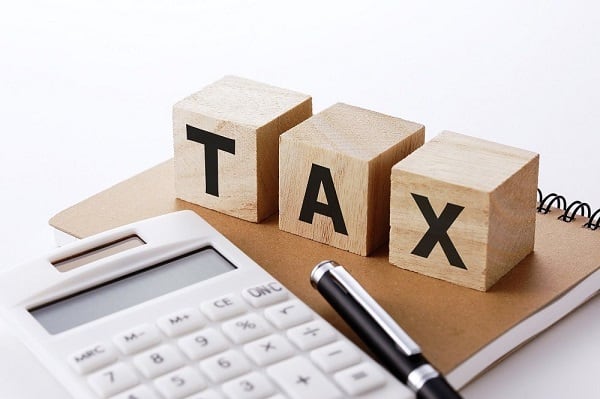In a landmark decision, the Supreme Court of Pakistan has ruled that payments made for the use of computer software are classified as “business income” rather than “royalty.” This verdict provides significant clarity for companies engaging in software-related transactions in Pakistan.
A review bench comprising Justice Syed Mansoor Ali Shah, Justice Athar Minallah, and Justice Aqeel Ahmed Abbasi decided in favour of the taxpayer in the case of M/s Inter Quest Informatics Services vs. Commissioner of Income Tax, resolving a long-standing dispute on the nature of tax treatment for software payments.
The bench unanimously overturned an earlier majority judgment, ruling that payments received for software usage should be categorised as business income. This decision exempts such payments from income tax in Pakistan under certain circumstances.
The Case Background
The petitioner, M/s Inter Quest Informatics Services, is a Netherlands-based company categorised as a non-resident for tax purposes in Pakistan. The company entered into agreements with Schlumberger Seaco, Inc., a firm operating in Pakistan, to provide software programs.
Under the terms of the agreements, the petitioner classified its earnings as “business profits” and sought exemption from Pakistani income tax under Article 7 of the Double Taxation Agreement (DTA) between Pakistan and the Netherlands. This agreement prevents double taxation and fiscal evasion by defining clear rules for taxing cross-border income.
However, the Pakistani tax authorities argued that the payments should be treated as “royalties” under Article 12 of the DTA, which imposes a 15% income tax on such receipts.
Initial Tax Assessments: The tax authorities, including the Income Tax Officer and the Commissioner of Income Tax (Appeals), categorised the payments as royalties and imposed a 15% tax.
Tribunal’s Decision: The Tax Tribunal upheld the classification of the payments as royalties, further affirming the tax liability.
High Court Ruling: Challenging these assessments, the petitioner approached the High Court, which ruled in their favor. The court declared that payments made for leasing software did not qualify as royalties under the DTA and were exempt from Pakistani income tax.
Supreme Court Majority Judgment: The tax authorities appealed to the Supreme Court, which initially ruled against the petitioner in a majority decision, restoring the tax assessments.
Review Decision: In its latest decision dated November 28, 2024, the Supreme Court reviewed and reversed its earlier judgment. It concluded that the payments were indeed business income, not royalties, and should not be taxed in Pakistan as per the DTA.
Implications of the Decision
This ruling holds immense significance for both local and international companies engaging in software-related transactions in Pakistan. Companies dealing in software programs can now classify payments as business income, potentially reducing their tax liabilities under Pakistan’s DTAs.
Under the Double tax Treaty (DTT), business income is exempt from taxation in Pakistan unless the entity earning it has a permanent establishment (PE) in the country. The petitioner, being a non-resident company without a PE in Pakistan, can claim exemption from income tax under Article 7 of the DTT, which governs business income.
The decision is expected to encourage foreign companies to collaborate with Pakistani entities, fostering growth in the tech sector. The judgment aligns Pakistan’s tax treatment of software payments with international practices, improving the country’s reputation in cross-border business operations.
Overturning its earlier majority decision, the court has set a precedent for ensuring fair and consistent application of international tax agreements.




